During pregnancy, women experience a plethora of unpleasant symptoms. Low doses of Delta 9 THC might help mitigate morning sickness and prenatal depression, improve sleep, and alleviate pain and discomfort. But, is microdosing THC safe while pregnant?
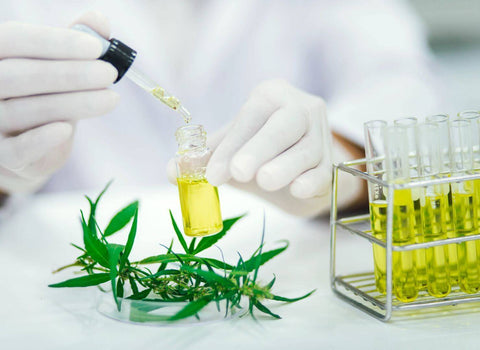
Many people microdose our THC gummies to alleviate stress and anxiety. In fact, low doses of THC can treat anxiety and alleviate symptoms of depressive disorders. Our THC edibles contain hemp-derived Delta 9 THC and other minor cannabinoids tested in a third-party lab to ensure high quality and safety.
Let’s delve deeper into the benefits of microdosing THC and the research on maternal cannabis use while pregnant or breastfeeding.
Benefits of Microdosing THC
A growing body of literature indicates that low doses of THC have beneficial effects on a wide range of conditions. Microdosing THC has been known to help treat diseases such as the following.
- Multiple sclerosis
- Crohn's disease
- Aneorexia and other eating disorders
- ADHD
- PTSD
- Epilepsy
- Glaucoma
- Cancer
The practice of microdosing allows you to reap the rewards of tetrahydrocannabinol (THC) without the psychoactive effects typically associated with marijuana.
THC has potent neuroprotective properties that are particularly efficacious for neurodegenerative disorders like dementia and Alzheimer’s. Without adverse effects, THC can help reverse brain aging while improving memory and cognition.
Taking small amounts of THC can also alleviate chronic pain. Many users report on the benefits of frequent cannabis exposure at low doses to reduce inflammation, fight off insomnia, improve appetite, and help alleviate symptoms of glaucoma. Microdosing edibles can even improve ADHD symptoms and increase focus and clarity.
Our gummies with Delta 9 offer a great way to incorporate cannabis into your daily routine, while still being productive and functional. These vegan edibles contain high-quality Delta 9 THC extracted from the hemp plant, which makes all our Delta 9 edibles federally legal in the US.
Are Low Doses of THC Safe in Pregnancy?
There isn’t enough research to support claims that cannabis use during pregnancy at low doses has negative consequences on fetal brain and birth outcomes. At the same time, there isn’t enough evidence to show that microdosing THC is safe for fetuses.
The majority of what we conclusively know can be summed up in two points:
- Marijuana use in pregnancy is known to have detrimental effects on fetal development, but most marijuana users are intaking large amounts of THC via smoking, which also introduces other toxins to the fetus
- Microdoses of THC are certainly far less detrimental than larger doses—and edibles don’t have the toxins associated with smoked cannabis—but we don’t know that they are completely safe for developing fetuses
Pregnant women should consult their own healthcare provider before consuming Delta 9 edibles or other cannabis products.
Smoking is Worse than Edibles
The majority of studies on prenatal marijuana are focused on smoked weed. Smoking and vaping are two of the most common methods of consumption among marijuana users. They are also the most unhealthy, as they carry risks associated with lung damage and cancer.
What’s more, cannabis smokers are almost certainly consuming much larger doses of THC than they realize. Controlling your THC dosage is virtually impossible with smoking, given that you can never be sure of the exact amount of THC you’ve inhaled.
Unlike smoked weed, cannabis edibles offer precise doses of THC per gummy, allowing microdosers to easily track and control their intake. In addition, consuming edibles involves a slower administration method and lower peak THC concentration.
Cannabis Usage on the Rise with Pregnant Women
The percentage of pregnant women who turn to cannabis for medicinal purposes seems to have doubled since 2002. According to estimates, about 20% of pregnant women between the ages of 18 and 25 test positive for cannabis use in pregnancy.
Women who microdose cannabis during pregnancy and breastfeeding experience relief from stress, anxiety, and morning sickness. But at what cost to their fetus?
Research points to confounding factors that confuse the issue of cannabis use in pregnancy. Some literature points to detrimental outcomes from prenatal marijuana exposure, but fails to distinguish between consumption methods as well as dosage.
Consuming Delta 9 THC and other cannabinoids during pregnancy is not recommended by the majority of medical experts. While there may be potential benefits of THC microdosing for pregnant women, we cannot recommend it.


THC: 10 mg | CBC: 10 mg | CBD: 10 mg | CBG: 5 mg | CBN 5mg
THC and Pregnancy Studies
Since the 1980s, researchers have been aware that THC can cross the placenta and reach the fetus. It means that the fetus is exposed to cannabis. Research also discovered that THC can be found in breast milk up to six days after the last consumption. This raised concerns about the use of marijuana during pregnancy and lactation, and health effects it can have on fetal brain and child development.
According to Vox Media, cannabis dispensaries have been advertising the use of marijuana during pregnancy to women with severe nausea. Yet, studies on the effects of marijuana use during pregnancy show negative outcomes for fetal development. A 2009 study emphasizes, for example, that “exposure to cannabis during early ontogeny is not benign.”
Problems with Existing Research
Meanwhile, extant research fails to shed proper light on the effects of microdosing THC while pregnant, due to the following confounding factors:
- Studies fail to differentiate between low doses of THC and higher doses
- Studies do not differentiate between the effects of smoked vs eaten THC
- Existing research often confounds marijuana exposure with alcohol and other drugs (many women who use cannabis while pregnant also use tobacco, alcohol, and other substances)
Most research on marijuana use in pregnancy involved high doses consumed via smoking. In many cases, research subjects admitted they had prenatally exposed their child to cigarette smoke, alcohol, and other substances known to negatively affect fetal development—in addition to cannabis.
THC and Prenatal Development
The American College of Obstetricians and Gynecologists maintains that the effects of prenatal cannabis use is not yet fully understood and sufficiently investigated. Obstetric and gynecologic doctors recommend that women contemplating pregnancy should be encouraged to discontinue use of cannabis for recreational or medicinal purposes.
THC is the main psychoactive component of cannabis. It is detectable in the bloodstream for up to 30 days after consumption. Due to its lipophilic nature (it is easily dissolved in lipids rather than water), once it reaches the bloodstream, THC crosses the placental wall to reach the fetus.
According to a mini-review published in the American Journal of Physiology, excessive use of cannabis during pregnancy is linked to negative prenatal outcomes, including preterm birth and low birth weights. Excessive intake of THC can in fact alter endocannabinoid homeostasis and affect birth outcomes.
The results of a clinical review on prenatal exposure to cannabis have linked cannabis use during pregnancy with low birth weights, preterm birth, and decreased head circumference. The review also highlights the limited number of clinical studies available on the long-term effects of cannabinoids—THC and cannabidiol (CBD)—on neonatal outcomes.
Some studies suggest that prenatal exposure to THC also carries increased risk of cognitive impairment, depression, anxiety, and sleep disorders later in life.
The American College of Obstetricians and Gynecologists also claims that prenatal cannabis exposure has detrimental effects on brain development in fetuses. It appears to decrease attention span and cause behavioral problems in children by the age of 14.
Far too little research provides information on the exact doses of THC that could potentially have negative results on neonatal outcomes. One study warns that the majority of research has examined excessively high concentrations of THC and that smoking was the main method of consumption.
With nama’s microdosing edibles, you needn’t worry about high THC amounts. Our Energy Gummies contain only 2.5mg of THC per gummy. These vegan edibles are perfect to elevate the mood and provide an energetic kick without producing the signature “high.”
Pregnant women should always consult their doctor before consuming cannabis products—even ones with ultra-low doses of THC.
THC or CBD in Pregnancy?
THC and cannabidiol are two major cannabinoids found in cannabis. They differ in their chemical makeup and in the way they affect our body. One of the biggest differences between THC and CBD is their interaction with the endocannabinoid system.
Cannabinoids and the Endocannabinoid System in Pregnancy
The endocannabinoid system (ECS) is a network of signals and receptors that regulates important bodily functions like sleep, mood, pain perception, immune system, and reproduction. ECS is also important in pregnancy and prenatal brain development, as it is involved in the processes of implantation and placenta maintenance.
THC binds to CB1 and CB2 cannabinoid receptors, causing a variety of changes in our body. Excessive THC doses can even produce adverse effects like tachycardia, sedation, increased anxiety, and paranoia.
Unlike THC, CBD does not make you high. It has anti-anxiety and relaxing properties. Cannabidiol does not seem to bind to CB1 and CB2 receptors directly. It impacts the endocannabinoid system by regulating THC’s interactions with CB1 and CB2 receptors.
The Entourage Effect
When THC and CBD work together, the so-called entourage effect is produced. In the entourage effect, benefits of one cannabinoid are enhanced by the presence of the other. When THC is present in our system, CBD acts as its stabilizer. It downregulates THC’s impact on CB1 and CB2 receptors (Vuckovic, et, all, “Cannabinoids and Pain”), softening its psychotropic properties on our brain.
The entourage effect can be produced in many ways. One of the most effective is with our full spectrum CBD products. They contain CBD paired with low doses of THC and other minor cannabinoids to bring out all the benefits of microdosing cannabis.
The star of our full spectrum CBD gummies are our Relax Plus Gummies. They contain a well-balanced ratio of Delta 9 THC and CBD (1:5) with a calming effect on the anxious mind. Five milligrams of THC will produce a mild euphoric kick.
Want edibles without THC? Our Broad Spectrum Gummies are the right choice! The main difference between full spectrum and broad spectrum CBD is that broad spectrum contains no THC. In combination with other cannabinoids (CBG, CBC, CBN), it can still produce the entourage effect.
CBN
Cannabinol (CBN) is a minor, rare cannabis compound. It stems from THC, but its effects and the chemical composition are much closer to those of cannabidiol. And just like CBD, CBN does not cause euphoria.
The greatest potential of CBN lies in its pain-relieving properties. One study compared the effects of CBD and CBN and found that the combination of cannabidiol and cannabinol have potent analgesic properties.
Our CBN gummies provide an effective relief from back aches and migraines in pregnancy. CBN also helps with relaxation and sleep disorders, so these vegan edibles offer a perfect nighttime escape from pain and discomfort that future moms experience on a daily basis.
If you’re not sure how to include CBN to your bedtime schedule, read our guide on how much CBN to take for sleep.
Delta 8 THC
Delta 8 THC is another cannabinoid that can ease pregnancy. According to research on pediatric oncology patients, Delta 8 seems to effectively alleviate nausea and vomiting.
A great way to microdose Delta 8 is with nama CBD’s Elevate Gummies. Each fruity gummy contains 12.5mg of hemp-derived Delta 8 THC, perfect to mitigate feelings of nausea and reduce pain and discomfort.
CBD and Pregnancy Symptoms
Many people take small amounts of CBD for inflammation and pain relief. It also seems to improve many negative pregnancy symptoms. Discuss with your healthcare provider before incorporating CBD or any other cannabis product into your pregnancy regimen.
(According to 2014 research, cannabidiol seems to improve sexual performance, as well. Read more about how CBD can make you last longer.)
Hypertension in Pregnancy
High blood pressure (hypertension) is something you should pay close attention to, especially when you have a bun in the oven. Gestational hypertension (high blood pressure during pregnancy) and preeclampsia are two very common conditions in pregnant women.
Preeclampsia involves a sudden increase in BP during pregnancy, followed by symptoms such as chronic pain in the upper abdomen, headaches, nausea, and swelling.
One study suggests that a single dose of CBD may help reduce blood pressure, while ongoing CBD intake can reduce resting blood pressure and heart rate.
Morning sickness
Nothing says Congratulations, you’re expecting! like good old morning sickness. Nausea, typically accompanied by vomiting, usually happens during the first trimester of pregnancy, but some women experience it throughout the term.
Typical symptoms of morning sickness include:
- Bloating
- Metallic taste in the mouth
- Dizziness and lightheadedness
- Fatigue
- Hunger and cravings
- Increased stomach acidity
Some women with severe nausea have used CBD extracts to make this condition less pesky. (According to recent study results, CBD might also improve nausea related to chemotherapy due to its powerful antiemetic (anti-nausea) properties.)
Our vegan CBD gummies contain optimal doses of CBD in combination with other cannabinoids for the ultimate entourage effect. They offer exact doses of cannabinoids, terpenes, flavonoids, and other cannabis extracts to make it easy to track your intake. Due to its beneficial properties, these delicious gummies will fight off dreaded feelings of nausea throughout the pregnancy.
Anxiety During Pregnancy
Recent studies indicate that cannabidiol is an effective alternative to prescription drugs for treating stress and anxiety. CBD interacts with and regulates serotonin receptors in the endocannabinoid system. Serotonin is an important neurotransmitter responsible for satisfaction and happiness. Decreased levels of serotonin often lead to anxiety disorders.
A 2019 study on non-pregnant people determined that the participants experienced improvement in anxious feelings within the first month of taking CBD.
Pregnancy Backache
Cannabidiol is touted for its therapeutic properties on pain and inflammation. In one study on neuropathy, non-pregnant participants showed significant improvement in pain and troublesome sensations after acute administrations of cannabidiol. CBD might be a safe and effective alternative to mainstream pain-killers, providing pain relief without the side effects that typically come with prescription drugs.
Disruptive Sleep and Insomnia
We already know that microdosing THC has benefits for sleep. Researchers have also found that CBD may provide equally beneficial effects on sleep quality.
In pregnancy, women either sleep like babies, or don’t sleep at all. For the latter ones, we recommend our CBD gummies for sleep. They contain optimal CBD doses and low doses of THC for a restful night of uninterrupted sleep. Don’t forget that all nama CBD products are derived from hemp and legal in the US under the federal law.
Product QUIZ
Need help deciding what product is best for you? Take our quiz, just three questions until your perfect match!
Best Gummies for Pregnancy
One of the biggest concerns of medical experts is the poorly regulated cannabis industry that makes products contaminated with toxins, pesticides, or heavy metals.
All our products are tested in a third-party lab for quality and safety. They contain unique blends of hemp extracts and natural ingredients that were carefully crafted from seed to sale.
All our products contain low doses of THC, so if you are pregnant or contemplating pregnancy, you won’t have to worry about prenatal exposure to massive amounts of THC.
Take a look at our choice for the safest and most effective microdosing edibles to use during pregnancy and lactation.
- Sleep gummies with CBD are all you need for a good night’s sleep, whether you’re a future mom or future dad. Low concentrations of THC paired with the relaxing properties of CBD and melatonin make this delicious collection your next best friend. Melatonin can be used during pregnancy in smaller doses, no more than 3 mg a day.
- Bliss Delta 9 Gummies have 1:1 ratio of THC and CBD. Low concentrations of the two cannabinoids (only 5mg each per gummy) help alleviate stress, put off nausea, and bring an elevated experience to the table. Honeydew melon flavor is just another plus!
- Energy Gummies have an even lower ratio of THC to CBD, with 5mg of cannabidiol and only 2.5mg of THC. Growing a tiny human inside of you can drain all your energy outright, but these flavorful blood orange edibles are packed with energy-promoting nutrients.
Always discuss with your healthcare provider before incorporating any cannabis product into your pregnancy regimen.
Is THC Legal?
Delta 9 THC is federally legal in the US if compliant with the 2018 Farm Bill. For a product to be compliant with the Farm Bill a product must be derived from hemp—not marijuana—and it must contain no more than 0.3% of THC by dry weight.
According to the Farm Bill, marijuana-derived THC is not federally legal in the US. Take a look at our guide to the differences between marijuana and hemp to learn more.
Although hemp-derived THC is legal on a federal level across the US, individual states decide whether THC is legal within their jurisdiction. Check out our state-by-state guide on the legality of Delta 9.
Is CBD Legal?
Cannabidiol is legal at a federal level in the US if compliant with the Farm Bill. Marijuana-derived CBD is governed by the same laws as THC extracted from marijuana.
All our CBD products, including gummies with THC and CBD, are federally legal.
Is Delta 8 THC Legal?
Delta 8 is derived from hemp and the THC content does not exceed 0.3% by dry weight. This means that Delta 8 THC is federally legal in the US, as compliant with the Farm Bill. Despite federal legality, fourteen US states still ban Delta 8 outright:
- Alaska
- Arkansas
- Arizona
- Colorado
- Delaware
- Iowa
- Idaho
- Kentucky
- Montana
- Mississippi
- New York
- Rhode Island
- Vermont
- Utah
FAQ on Microdosing THC While Pregnant
If you consumed cannabis prior to giving birth, your baby can test positive. In many hospitals, newborns are tested right after birth for various drugs.
Since marijuana is still considered an illicit drug, if the newborn tests positive for marijuana, hospital pediatricians are obligated by the law to inform child protection services.
Some research has shown that using cannabis products with high THC concentrations might not be good for people trying to get pregnant. Excessive use of THC may lead to reduced sperm count in healthy men, according to a more recent study. However, there is not enough research on the impact of low-dose THC or other cannabinoids on human fertility levels.
Anecdotal evidence in people who stopped using CBD asserts that CBD has very few side effects or symptoms of withdrawal. CBD also has a very low risk of drug abuse.
CBD does not have psychoactive, intoxicating properties and does not lead to addiction. There is research that suggests CBD can successfully be used in mitigating other forms of addictive behaviors, such as opioids and alcohol.
If you consume more than our recommended microdoses of Delta 9 THC, you may experience some side effects: paranoia, confusion, increased anxiety, and sedation.
If you do happen to experience cannabis impairment, do not operate machinery, or drive under the influence. Listen to your body and make sure to recognize these symptoms of overconsumption.
There are a few options where you can buy Delta 9 gummies. If you live in a state where medical marijuana is legal and you have a medical marijuana card, you can buy Delta 9 THC products at a cannabis dispensary near you.
If you don't have a medical marijuana card, don't live in a state where marijuana is legal, or don't want to drive to a Mary Jane dispensary, you can get our Delta 9 THC gummies delivered right to your door. These fruit-flavored edibles are the ideal way to microdose Delta 9!
If you want to buy Delta 9 edibles online, then you’re in the right place. Shop our full collection of products.
Top Sellers
New? Start with our Ultimate Sampler!

THC: 10 mg | CBC: 10 mg | CBD: 10 mg | CBG: 5 mg | CBN 5mg
nama CBD FDA & Legal Disclaimer
Our products are not intended to diagnose, treat, cure, or prevent any disease. They are not a replacement for prescription medications and have not been evaluated by the Food and Drug Administration (FDA).
The information provided on this website does not, and is not intended to, constitute legal advice or any statements of the status of any laws. Any information, content, and materials available on this site are for general informational purposes only, and are not intended to be relied upon for any purpose.
Readers of this website should contact their attorney to obtain advice with respect to any particular legal matter including decisions on what products are, or are not, legal to sell, possess, or consume. No reader, user, or browser of this site should act or refrain from acting on the basis of information on this site without first seeking legal advice from their own counsel in the relevant jurisdiction.
Only your individual attorney can provide assurances that the information contained herein – and your interpretation of it – is applicable or accurate for your particular situation. Use of, and access to, this website or any of the links or resources contained within the site do not create an attorney-client relationship between the reader, user, or browser, and website authors, contributors, contributing law firms, or committee members and their respective employers.
More From the nama Family
Small batch edibles crafted for different times of the day and experiences.
About
Learn
Join us on this journey

© Copyright 2026 nama Products LLC. All Rights Reserved.
†These statements have not been evaluated by the Food and Drug Administration. These products are not intended to diagnose, treat, cure or prevent any disease. All information presented here is not meant as a substitute for or alternative to information from health care practitioners. Please consult your health care professional about potential interactions or other possible complications before using any product.
††The information provided on this website does not, and is not intended to, constitute legal advice or any statements of the status of any laws. Any information, content, and materials available on this site are for general entertainment purposes only, and are not intended to be relied upon for any purpose.

By clicking ‘Yes,’ you agree to our
Terms & Conditions and Privacy Policy
123 John Doe Street
Your Town, YT 12345
Store Hours
Sun: Closed
Mon-Fri: 9:00 - 17:00
Sat: 10:00 - 13:00
What to expect at pickup
Closed
Closing at 5pm
Closing at 5pm
Closing at 5pm
Closing at 5pm
Closing at 5pm
Closing at 1pm

![Buzz Packs™ [THC and CBD Powder Drink Mix]](http://www.namacbd.com/cdn/shop/files/nama_buzz_packs_thc_drink_pack_white_background.png?v=1741884660&width=480)
![Buzz Packs™ [THC and CBD Powder Drink Mix]](http://www.namacbd.com/cdn/shop/files/Buzz_Packs_Label.png?v=1741884660&width=480)
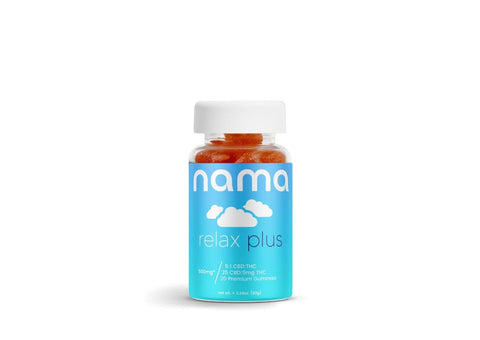
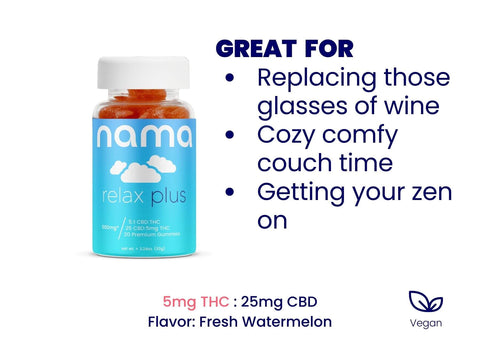
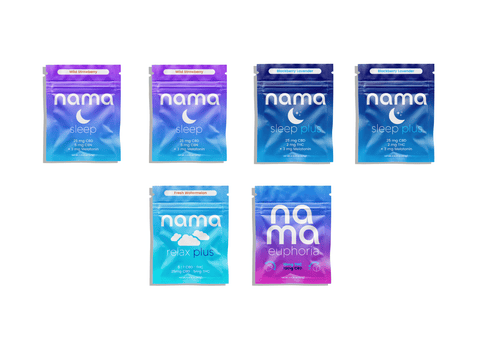
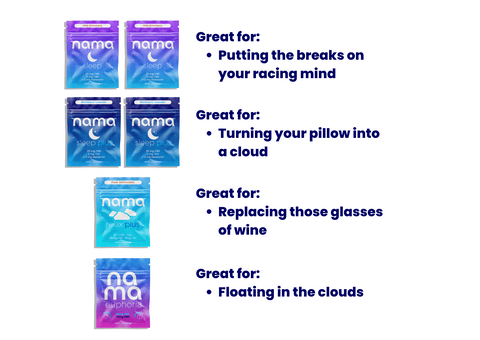


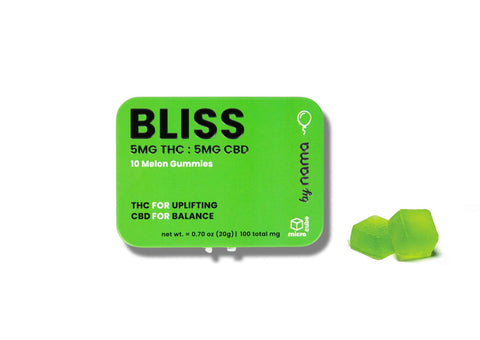
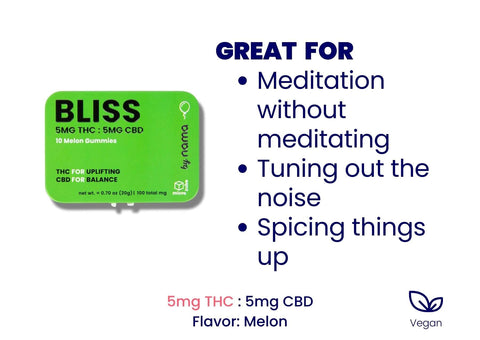
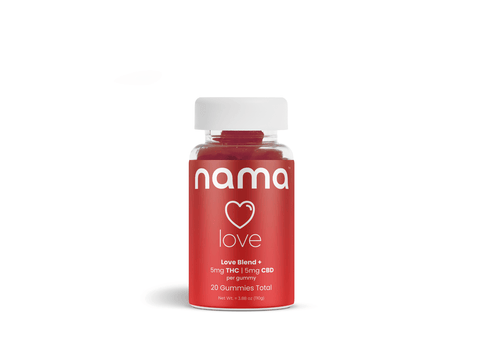
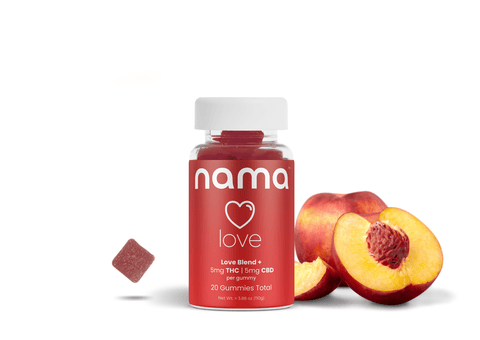
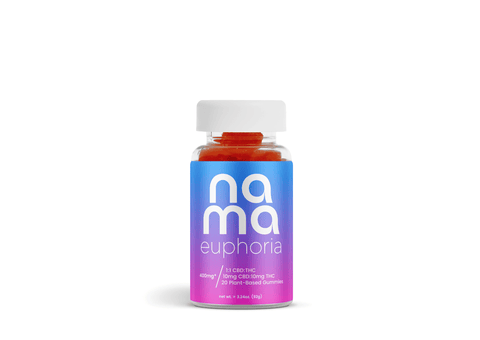
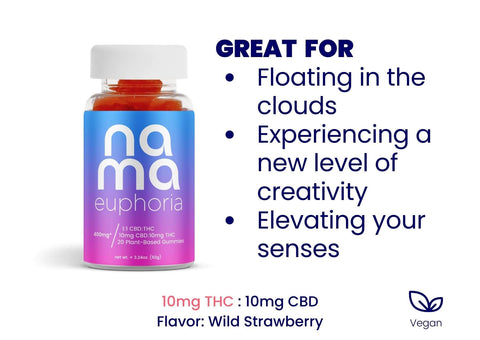







![Buzz Drops™ [THC Drink Drops]](http://www.namacbd.com/cdn/shop/files/nama_thc_buzz_drops.png?v=1711412866&width=480)
![Buzz Drops™ [THC Drink Drops]](http://www.namacbd.com/cdn/shop/files/buzz-drop-wine-comparison.png?v=1736882023&width=480)


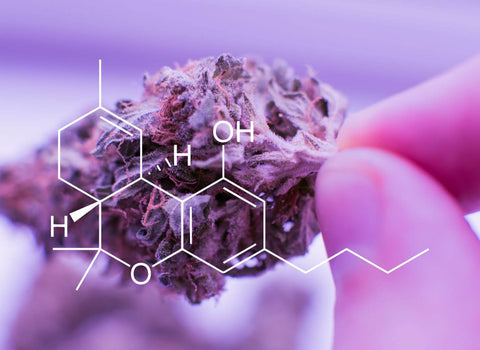
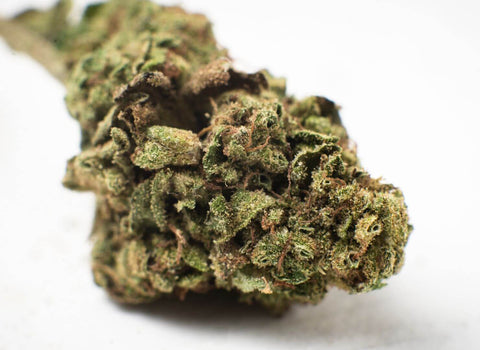

Comments (0)
There are no comments for this article. Be the first one to leave a message!